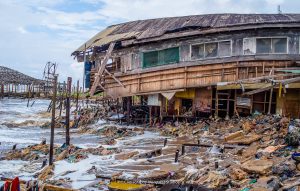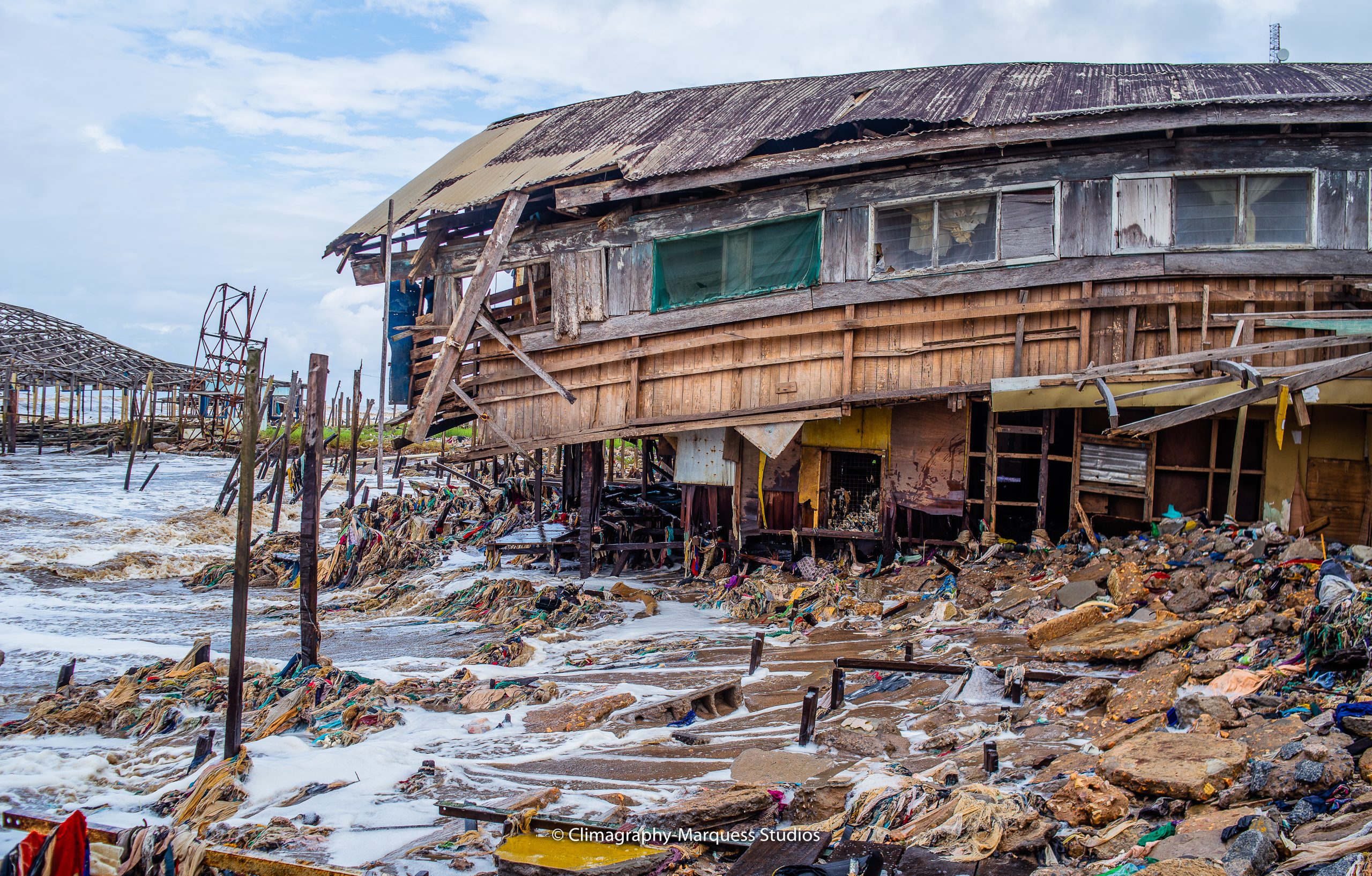I appreciate how April 22, World Earth Day, gives us the opportunity to highlight environmental issues and remind ourselves of our supposed obligation to make the earth a more livable place – not only for us but also for future generations. Isn’t that the concept of the buzzword – sustainability? This year’s theme “Invest in Our Planet” puts a clear call to governments and businesses to invest in a better future for the planet.
Companies, international organizations, politicians and celebrities wait until April 22 to show “solidarity” and announce pledges, reinforce commitments or publicize their scorecards.
However, two things continue to concern me every April 22 (and many other days of the year, to be honest). The first is that the very-important subject of conserving our planet is being spotlighted on just one day out of 365 possible days yearly. Companies, international organizations, politicians and celebrities wait until April 22 to show “solidarity” and announce pledges, reinforce commitments or publicize their scorecards. How fair?
My second concern is how we prioritize investing in the popular pro-earth actions, most of which are low-hanging fruits… like planting 200 non-economical trees out of which less than 30 may survive and in the end would only be useful for firewood. We can think things through and do better – we really should!
Today, I think of the mineral-rich ever-flooded Aiyetoro community in Ondo state, Nigeria which has experienced ocean surges over the last 20 years swallowing over 10 kilometers of the landscape. Isn’t it such a pity that year in and year out, lives continue to be lost, livelihood remains threatened and cultural heritage is being swept away? I have written about this in April 2021 and April 2022, and now resisting the urge to write about it again this year 2023, even as new videos and photos are cramming up my timeline. I hope there will be no need to write about the unfortunate situation in this community next year, 2024 – at least, not from a gloomy perspective.
(We) must understand the salient need to critically engage with the people affected, based on their understanding of the respective environmental challenges – asking questions about how they want to be involved and making room for flexibility.
As I have recently learnt, I would emphasize here that governments, development agencies, companies, etc. must understand the salient need to critically engage with the people affected, based on their understanding of the respective environmental challenges – asking questions about how they want to be involved and making room for flexibility on their pre-designed practices or structures.

Flooded Aiyetoro Community, Ondo state. By Marquess Photography (2021)

